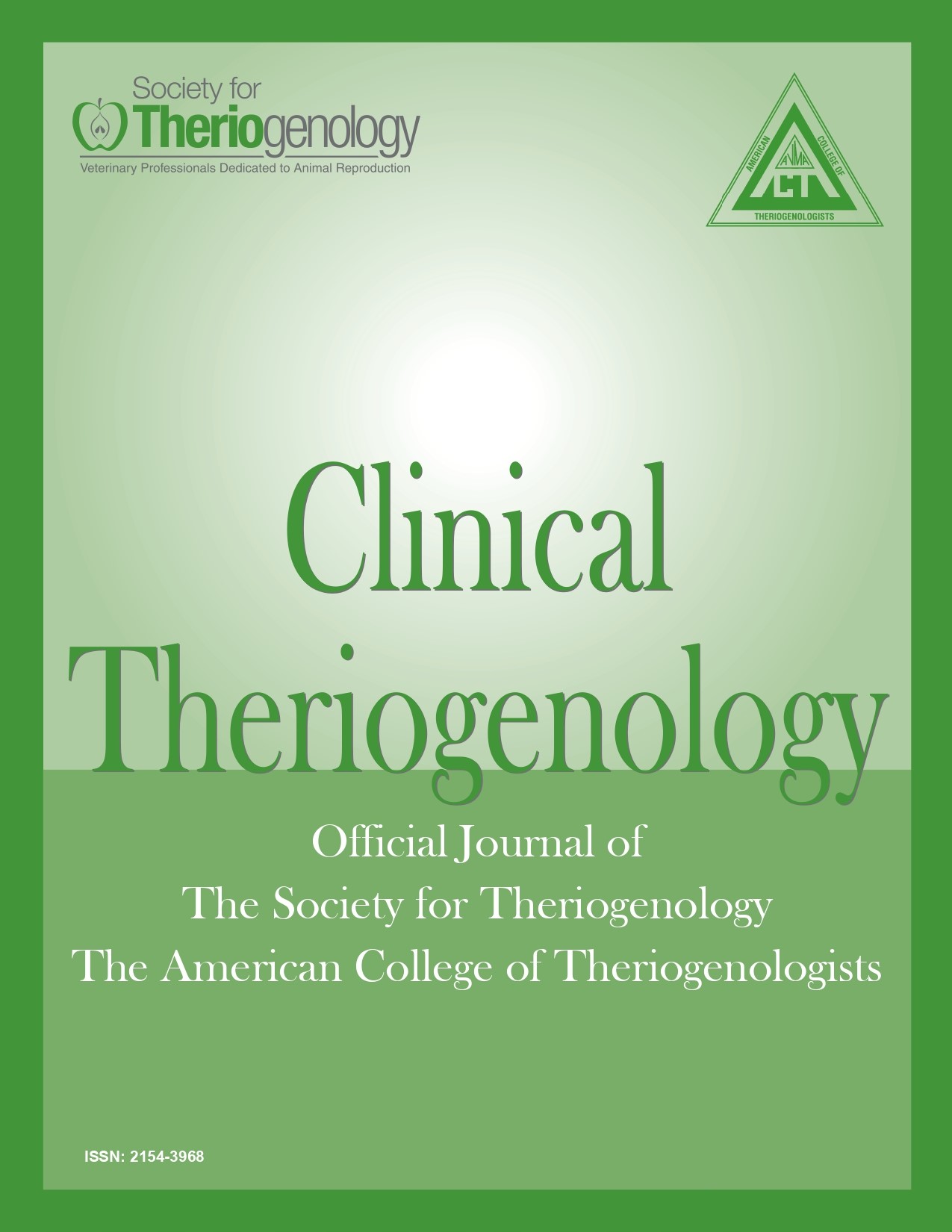In vitro efficacy of anti-protozoal compounds as a novel treatment of Tritrichomonas foetus
Abstract
Bovine trichomoniasis is a sexually transmitted disease caused by Tritrichomonas foetus, an obligate parasite of the reproductive tract of cows and the surfaces of the penis and prepuce of bulls. With the ban of efficacious drugs for treatment of T. foetus such as the nitromidazoles in the United States, veterinarians are currently left without legal means of treatment. Oxfendazole, oxibendazole, and ponazuril are anti-protozoal drugs that can be legally used in food animals. In vitro experiments were performed using pure cultures of T. foetus trophozoites in Diamond’s medium with the addition of the individual drugs in replicate. Cell cultures were evaluated at predetermined time points using Neubauer hemocytometers to determine the number of viable trophozoites. Cultures were examined for reversibility to the motile trophozoite form or continued replication of organisms following the administration of the drug. In our final study, complete kill of the organism was achieved and all replicates remained negative for reemergence of trophozoites following five days of culture.
Downloads
Authors retain copyright of their work, with first publication rights granted to Clinical Theriogenology. Read more about copyright and licensing here.





